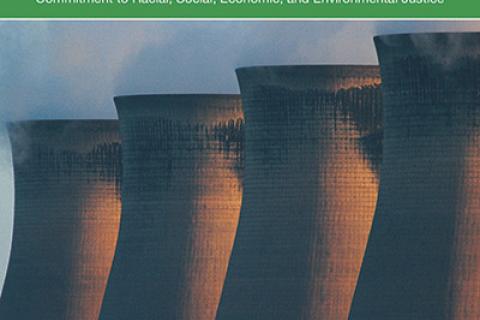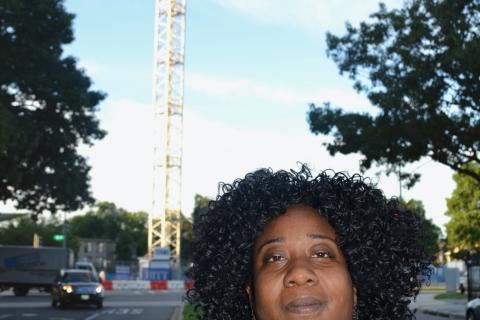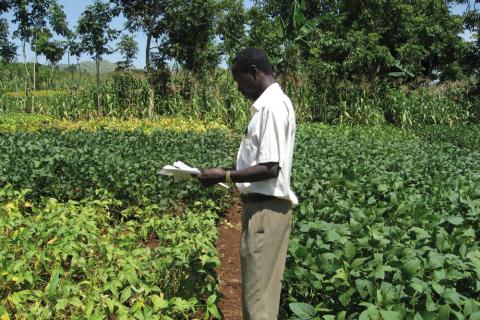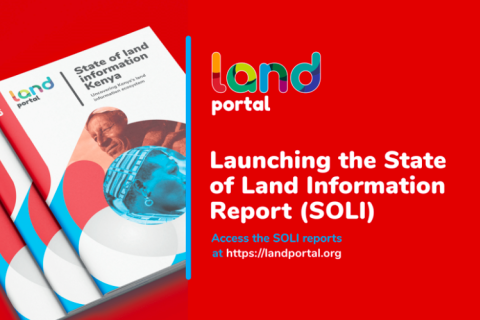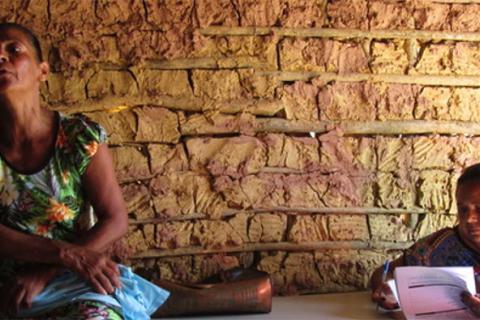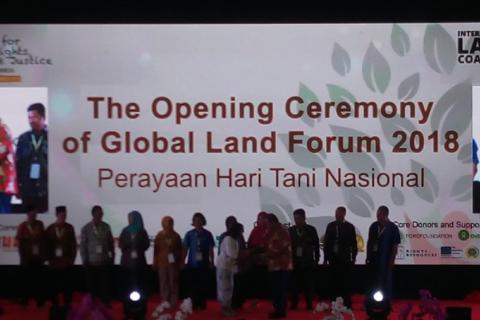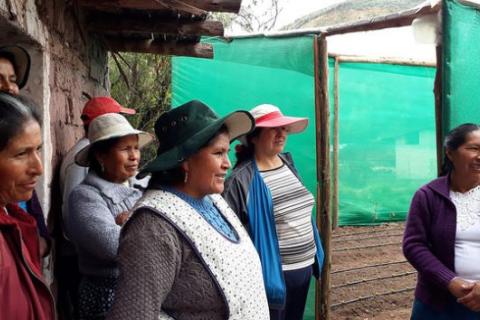[Webinar Recap] Empowering civil society and communities through open land data
The second webinar of the Whose Land? - Inclusive Pathways to Land Governance series focused on the opportunities and constraints of civil society in advocating for more open land data and in harnessing its power for improved land governance.
Call for Papers: Building Power, Deepening Democracy: Global Perspectives on Environmental Justice
Submission Deadline: All manuscripts should be submitted for consideration by December 31, 2021.
The global environmental crisis is intertwined with the crisis of social and economic inequality. From coal plants to palm oil plantations, economic activities that threaten the planet are concentrated in communities with less power and wealth. “You can’t have climate change without sacrifice zones,” writes Hop Hopkins, “and you can’t have sacrifice zones without disposable people.”1
Rhonda Hamilton: Fighting so that Children in her Community can “Live to be Grandparents”
As a child, Saturdays meant two things for Rhonda: trash and pizza. Her mother ardently believed in being ‘a good member of her community’ and was committed to teaching her children the same. “She’d wake us up Saturday mornings and say, ‘Come on! Let’s go pick up the trash! We’d say, ‘Booo!’ And then she’d say, ‘Well, I’m going to take you out for pizza after.’ And we’d say, ‘Yay!’” recalls Rhonda with a laugh.
Land governance at Global Soil Week 2019
On 27-30 May 2019 around 200 actors engaged in talks to initiate and reinforce guidelines and actions on sustainable soil management and land governance at the World Agroforestry headquarters in Nairobi, Kenya.
“Soil is a universal element for survival,” says Alice Kaudia, Founder and Executive Director, Eco-Entrepreneurs. Kaudia alongside Alexander Mueller, Managing Director, Think Tank for Sustainability (TMG) moderated plenary sessions during the 2019 Global Soil Week.
Launching the State of Land Information: Uncovering the Information Ecosystem
There is no doubt that we are living in the era of information. Availability of accurate and up to date information, including data, is critical to planning and management, for transparency and accountability. It can help inform learning and scale up good practices, as well as implementing policy, especially when it comes to land. While it is an often-repeated rhetoric that there is a lack of land data, the reality is slightly more nuanced than this.
Demystifying Data: Data That Empowers
A data story from women in a semiarid region of Brazil
*This story was written by the following women: Ducicleide Maria da Silva, Gigliola Silva Araújo, Ianka Sayonara da Silva, Josefa Ferreira da Silva, Maria do Carmo da Conceição Carvalho, Maria Karoline Policarpo Silva, Manuella Donato, Mariana de Albuquerque Vilarim and Thalya Carla Vieira de Lima and Patricia Maria Chaves . It was translated by Sonia Jay Wright.*
The Land Portal Attends the 2018 Global Land Forum
Working on and with open data means that we are avid believers in the notion that pathways of information should be opened up, that we are building the proper technological infrastructures for information to be appropriately shared, thereby creating connections. Networks such as the International Land Coalition serve this very same purpose; with the exchange of information and knowledge being one of the Coalition’s main missions.
Grassroots participation is the key to closing the data and gender gaps
The Sustainable Development Goals (SDGs) represent unprecedented and increasing global recognition of land rights—especially women’s land rights. Leaders across the globe have included three land-specific sex-disaggregated indicators:
- Under Goal 1 (No Poverty), indicator 1.4.2 measures legally recognized documentation of rights to land and perceptions of secure tenure;


![[Webinar Recap] Empowering civil society and communities through open land data](/sites/default/files/styles/large_480x480_/public/Whose%20Land%20Episode%201200.jpg?itok=GZcfSn--)
